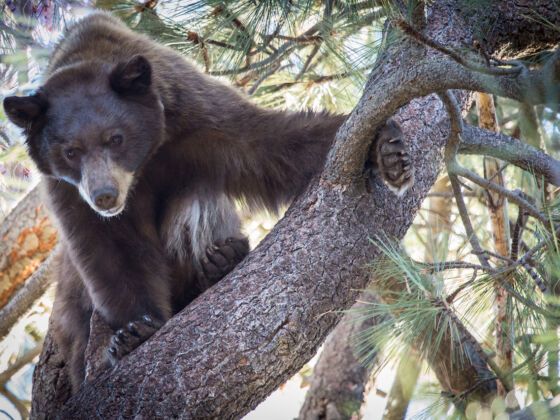298 bears were killed in Florida last week — over a two day period.
The state issued its first hunt in 21 years originally to stabilize expanding bear populations and later approved it after an increasing amount of human-bear interactions in Central Florida. The hunt was scheduled to last one week, with a cap of 320 bears. 3,778 permits were sold, more than the estimated bears throughout the state.
